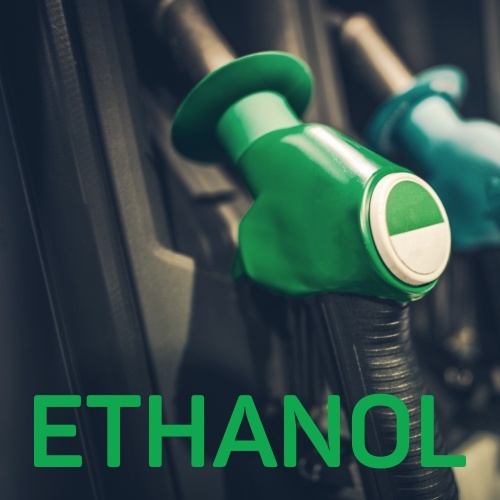Bengaluru (Karnataka) [India], February 8 (ANI): The 21st Century belongs to Asia, and this is being vindicated in the post-pandemic energy sector, Union Minister for Petroleum and Natural Gas Hardeep Singh Puri on Tuesday said.
“Asian economies have not only managed to bounce back fastest from the impacts of the Pandemic but have also made significant progress toward clean energy. The present century is marked by the remarkable growth story of Asia due to its demographic dividend and innovation. Some of the world’s best solutions to its toughest problems, including in the energy sector, have come out of Asia,” the minister said while speaking at the Opening Session of the 9th Asian Ministerial Energy Roundtable in Bengaluru.
India hosted the 9th Asian Ministerial Energy Roundtable (AMER9) in association with the International Energy Forum (IEF) on Tuesday with the theme of “Mapping new pathways for energy security, inclusive growth and energy transitions”.
He further said that the event is being held at an apt time when there is a pressing need to galvanise global efforts for “Mapping Stable and Secure Energy pathways for achieving Energy security, Energy Justice, Growth and Innovation.”
Convening in Bengaluru, the nation’s high-tech center, AMER9 was opened by Puri and took place alongside India Energy Week, which runs from 6 to 8 February.
Puri further said that the Asian Ministerial Roundtable has always been a meaningful platform for dialogue between producers, consumers, and International Organizations to join and debate energy issues that confront the Asian and the global energy sector.
“Our interaction and takeaways from our discussion today will have a direct bearing on our tomorrow and future generations.”, he said.
Speaking about the growth of the Asian economy, the Minister said that the world economy has radically changed over the past decade.
“The Asian share of global GDP has risen from 38% to 45% and is likely to exceed 50% by 2030. Asian Economy has grown at the average rate of 5 1/2 per cent over the preceding two decades and registered growth of 6.5 per cent posted in 2021, while it is expected to moderate to 4.0 per cent in 2022 amid an uncertain global environment and rise to 4.3 per cent in 2023,” he added.
He also asserted that economic growth coupled with urbanization, industrialization, and improving energy access and living standards will result in a rise in energy demand of over 3 per cent between 2021 and 2030 for a majority of emerging Asian Economies whereas the energy demand for advanced economies would be plateaued or will even decline by then.
He also highlighted the importance of alternative energy sources, saying that while affordable traditional energy resources are essential for meeting the based load requirements, new sources of energy which are cleaner, sustainable, and innovative, are critical for combating the menace of climate change.
“Transfer of low-cost clean scalable technologies, financing for R and D, and deployment of clean technologies are crucial for catalysing faster action to mitigate climate change,” he added.
Talking about India’s energy transition, Puri said that India recognizes that its energy transition path will involve a variety of energy solutions to support energy and economic growth.
Advanced biofuels, green hydrogen, renewables and nuclear will play a critical role in the energy mix as India charters its path to the energy transition, he said.
“India has met its commitment of 40% of its installed electricity capacity from non-fossil energy sources by 2030 November 2021. The country’s installed Renewable Energy (RE) capacity by October 2022 stands at 166 Giga Watt while its nuclear energy-based installed electricity capacity stands at 6.78 Giga Watt”, he elaborated further. He said that India is setting up 2G refineries utilizing agricultural waste and bamboo to make ethanol, using indigenous technology. This contributes to achieving rural prosperity and also goes a long way in reducing pollution along with achieving energy security goals. (ANI)












